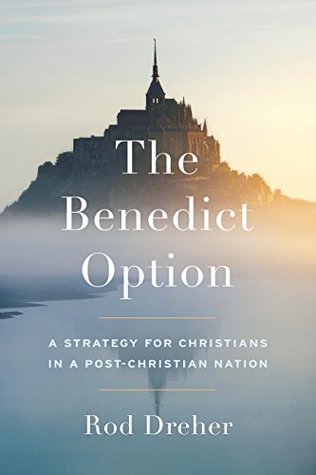More on this book
Community
Kindle Notes & Highlights
by
Rod Dreher
Read between
March 31 - June 1, 2024
In a letter to soldiers in 1798, John Adams, a Founding Father and practicing Unitarian, remarked: We had no government armed with power capable of contending with human passions unbridled by morality and religion. Avarice, ambition, revenge, or gallantry, would break the strongest cords of our Constitution as a whale goes through a net. Our Constitution was made only for a moral and religious people. It is wholly inadequate to the government of any other.
even as Christians refocus their attention locally and center their attention on building up their own local church communities, they cannot afford to disengage from politics completely. The religious liberty stakes are far too high.
Get active at the state and local level, engaging lawmakers
liberty is, though, Christians cannot forget that religious liberty is not an end in itself but a means to the end of living as Christians in full.
Most Americans will not only reject many things traditional Christians consider good but will even call them evil.
If a democratic nation loses religion, he wrote, then it falls prey to inordinate individualism, materialism, and democratic despotism and inevitably “prepares its citizens for servitude.”
In the waning decades of the Western Roman Empire, Augustine described society as preoccupied with pleasure-seeking, selfishness, and living for the moment.
Fear allows the official ideology to retain power—and eventually changes the greengrocer’s beliefs. Those who “live within a lie,” says Havel, collaborate with the system and compromise their full humanity.
He becomes a threat to the system—but he has preserved his humanity.
As the West declines into spiritual acedia, there will be more and more people who are seeking something real, something meaningful, and yes, something wholesome.
Many Christians today (including some in liturgical churches) believe that Sunday worship is merely expressive—that is, it’s only about what we the people have to say to God.
The first Christians gained converts not because their arguments were better than those of the pagans but because people saw in them and their communities something good and beautiful—and they wanted it. This led them to the Truth.


